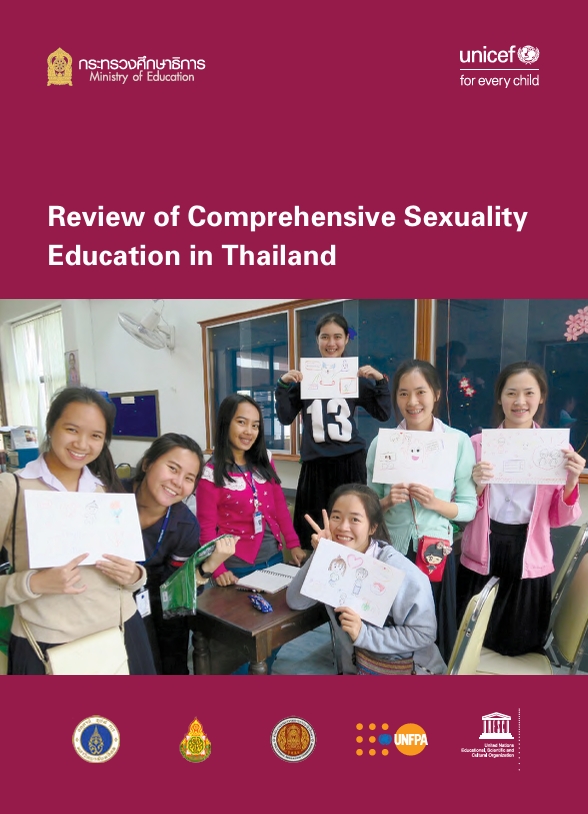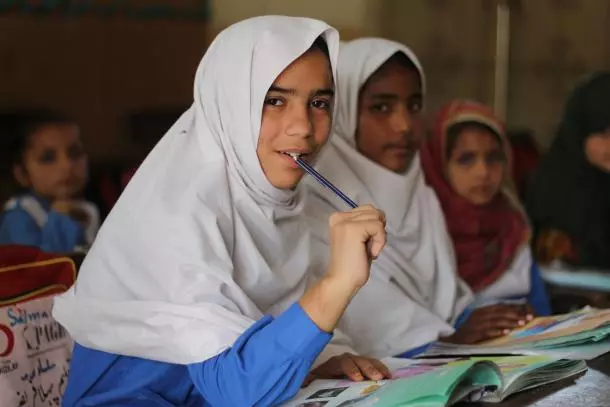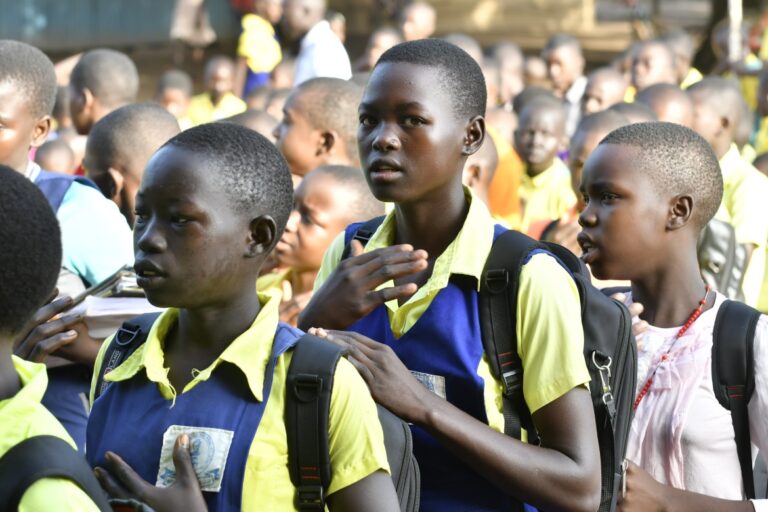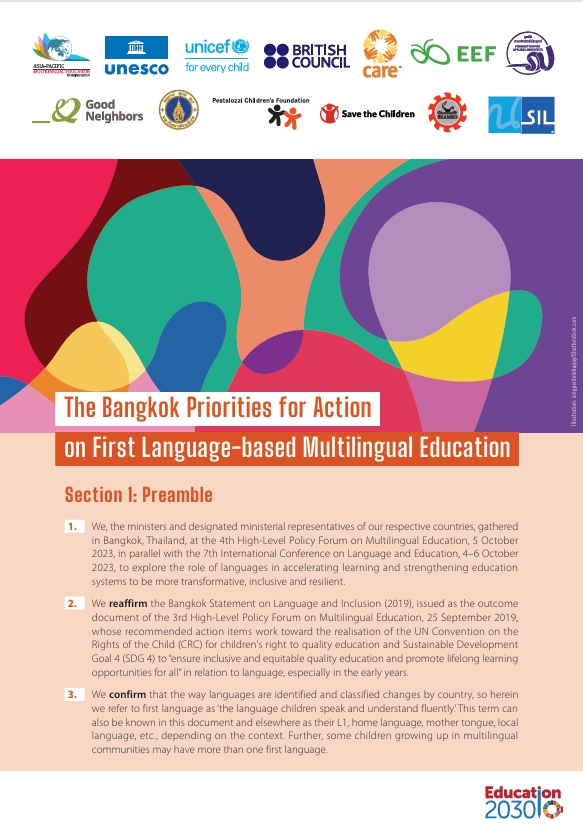This review of comprehensive sexuality education (CSE1) in Thai educational institutions collected data from students, teachers, guardians, school directors, and national policy advocacy stakeholders. Standard international data collection tools were used, with the hope that important information could be gathered to guide the development of school-based CSE implementation in Thailand. The findings indicated that nearly all general secondary and vocational institutions provide CSE instruction, either as an integrated or standalone subject or both.
Although diverse topics are covered in the CSE curriculum, many institutions teach about sexuality from a point of view that emphasizes the negative consequences of sex and does not cover positive aspects or promote students’ analytic and critical-thinking skills related to sexuality. Topics related to the prevention of teenage pregnancy, sexually transmitted infections, and HIV, as well as sexual anatomy and development, are emphasized most, while topics related to gender, sexual rights and citizenship, sexual and gender diversity, gender inequality, safe abortion, safe sex for same-sex couples, and bullying are less often taught.
Many students still lack a correct understanding of a range of sexuality-related issues. When asked to self-assess their knowledge, students indicated that they had a good understanding of contraception and menstruation, but only a minority gave correct answers to multiple-choice questions about menstruation or the menstrual cycle. Many sexually active girls mentioned emergency contraceptive pills as their main method of contraception, whereas many boys indicated an unwillingness to use condoms. The findings indicate that many students lack understanding and awareness about contraception and lack communication and negotiation skills that they need in their sexual lives.
Many students hold attitudes that reject gender equality and sexual rights, and roughly half think that domestic violence is sometimes justifiable. Teachers have considerably more equitable attitudes regarding gender equality, and a higher proportion of teachers than students reject the use of violence. However, a majority of teachers think that sex among unmarried students is unacceptable, which indicates that they reject some sexual rights of their students.
Most teachers rely on lectures as their CSE teaching method, which does not provide opportunities for students to ask questions or develop their analytic thinking skills. Only a minority of teachers make use of activity-based pedagogy. Only half of general secondary teachers and less than half of vocational teachers have received training for providing CSE. Trained teachers were found to cover more topics and use more activity-based methods of instruction than teachers with no sexuality education training.
Most school directors and parents think that CSE should be taught. However, many school directors prefer to use overall scarce resources, such as teachers and teaching time, on issues that they consider more important. The findings indicate that the Ministry of Education has policies mandating the provision of CSE in basic education. Its contents are integrated in the subject area of health and physical education and covered throughout the primary and secondary levels. In vocational institutions, it is provided as a standalone subject called sexuality education.
The Ministry of Public Health and the Ministry of Social Development and Human Security also recognize the importance of CSE. They play a supportive role by specifying the role of educational institutions in providing CSE as a strategy to curb the HIV epidemic and to reduce the number of teenage pregnancies. However, in practice, educational institutions still need increased support mechanisms and resources for providing CSE in a systematic way. Continuous monitoring and evaluation mechanisms are also needed.






